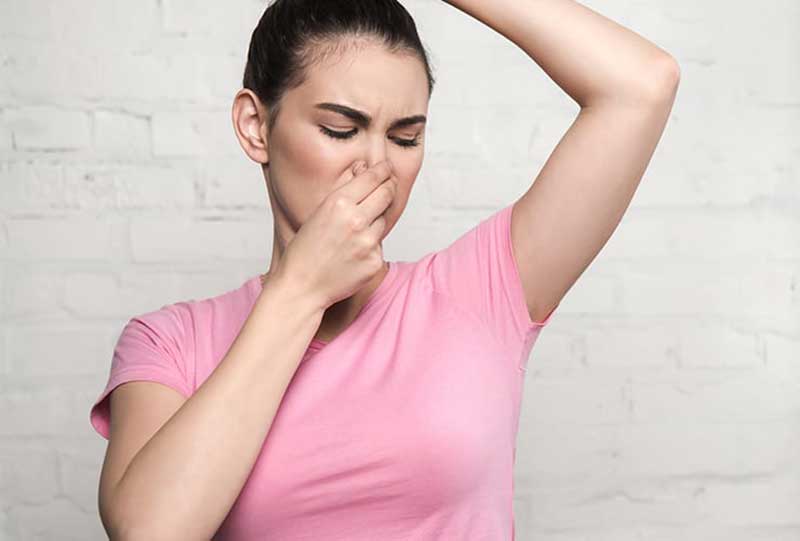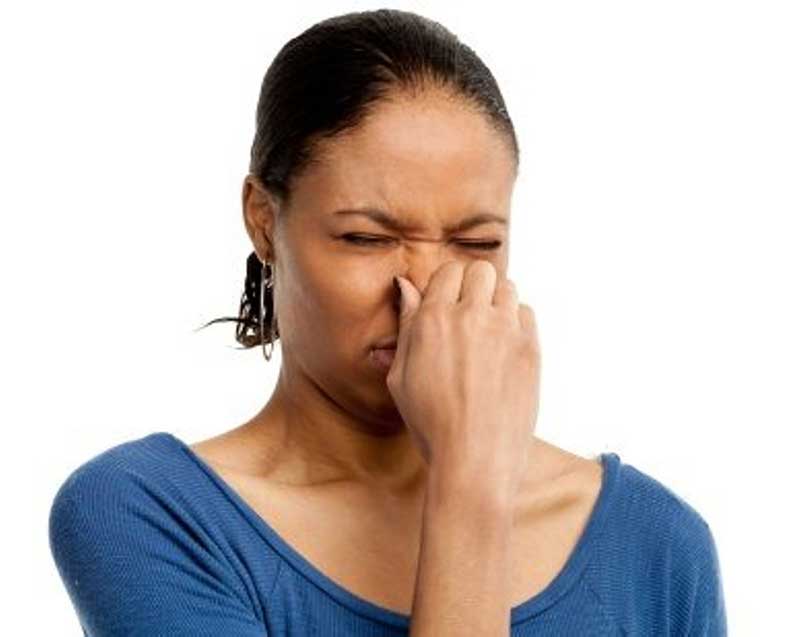 Have you ever experienced the embarrassment of strong body odor? It can be an uncomfortable situation that affects your self-confidence and interactions with others. Understanding the causes of strong body odor is the first step in finding effective solutions to manage and eliminate it. In this article, cupo will explore the various factors that contribute to strong body odor and provide valuable insights on how to address this issue.
Have you ever experienced the embarrassment of strong body odor? It can be an uncomfortable situation that affects your self-confidence and interactions with others. Understanding the causes of strong body odor is the first step in finding effective solutions to manage and eliminate it. In this article, cupo will explore the various factors that contribute to strong body odor and provide valuable insights on how to address this issue.
Introduction
Strong body odor, also known as bromhidrosis, is a common concern for many individuals. It can be caused by a variety of factors, ranging from personal hygiene habits to underlying medical conditions. While body odor is a natural occurrence, excessive or unpleasant odor can lead to social discomfort and reduced confidence.What is Body Odor?
Body odor is the result of bacterial activity on the skin’s surface. The sweat glands in our body produce sweat, which is initially odorless. However, when bacteria interact with this sweat, it can create an unpleasant smell. Body odor is most commonly experienced in areas where sweat glands are concentrated, such as the armpits, feet, and groin.
Factors that Contribute to Strong Body Odor
Understanding the factors that contribute to strong body odor is essential in managing and preventing it effectively. Let’s explore some of the key factors:Personal Hygiene
Poor personal hygiene practices can significantly contribute to strong body odor. Infrequent bathing or inadequate cleansing of areas prone to sweating can allow bacteria to multiply, leading to an intensified odor. Regular bathing, especially focusing on areas like the armpits and feet, can help reduce body odor.Diet and Nutrition
The food we consume plays a vital role in our body odor. Certain foods, such as onions, garlic, and spices, contain volatile compounds that can be excreted through sweat, causing a strong odor. Moreover, an imbalanced diet lacking in essential nutrients can affect the body’s overall odor.Hormonal Changes
Hormonal changes in the body can contribute to fluctuations in body odor. During puberty, increased hormone production can lead to stronger and more noticeable body odor. Similarly, hormonal imbalances in conditions like menopause or hyperthyroidism can also impact body odor.Medical Conditions
Certain medical conditions can result in strong body odor. Conditions like diabetes, kidney disease, liver dysfunction, and trimethylaminuria (a metabolic disorder) can cause unusual or intense body odor. If you notice a persistent and unusual odor, it’s essential to consult a healthcare professional.Medications
Some medications may alter body odor as a side effect. Antibiotics, antidepressants, and antipsychotic drugs are examples of medications that can contribute to changes in body odor. If you suspect your medication is causing strong body odor, discuss it with your doctor to explore alternative options.Stress and Anxiety
Stress and anxiety can affect the body’s hormonal balance, leading to an increase in sweat production and stronger body odor. Additionally, stress can worsen personal hygiene habits, further exacerbating the issue. Managing stress through relaxation techniques or seeking professional help can have a positive impact on body odor.
Tips to Manage Strong Body Odor
Now that we have explored the causes of strong body odor, let’s discuss some effective tips to manage and reduce it:Maintain Proper Hygiene
Regular bathing or showering with antibacterial soap is crucial to keep body odor at bay. Focus on areas prone to sweating, such as the armpits, feet, and groin. Ensure thorough drying of these areas before getting dressed, as bacteria thrive in moist environments.Follow a Balanced Diet
Adopting a balanced diet can help minimize body odor. Include fresh fruits, vegetables, whole grains, and lean proteins in your meals. Avoid excessive consumption of strong-smelling foods like onions and garlic. Staying hydrated by drinking an adequate amount of water also aids in flushing out toxins.Wear Breathable Fabrics
Choose clothing made from natural fibers like cotton or linen, as they allow better air circulation and reduce sweating. Avoid synthetic fabrics that trap moisture and promote bacterial growth. Additionally, wearing loose-fitting clothes can prevent sweat from being trapped against the skin.Use Antiperspirants or Deodorants
Antiperspirants help control sweating by temporarily blocking the sweat glands. Look for antiperspirants that contain aluminum chloride or aluminum zirconium compounds. Deodorants, on the other hand, mask or neutralize body odor without affecting sweat production. Choose products with natural ingredients and mild fragrances.Seek Medical Advice
If strong body odor persists despite following good hygiene practices, it’s advisable to consult a healthcare professional. They can identify any underlying medical conditions and recommend appropriate treatments or medications to manage the issue effectively.Building Stronger Bones: The Power of Vitamin K
Conclusion
Strong body odor can be a source of discomfort and embarrassment for many individuals. By understanding the various causes of strong body odor, such as personal hygiene, diet, hormonal changes, medical conditions, medications, and stress, you can take proactive steps to manage and reduce it. Incorporating good hygiene practices, following a balanced diet, wearing breathable fabrics, using antiperspirants or deodorants, and seeking medical advice when necessary are all effective strategies for addressing strong body odor and regaining confidence.Can Using the Wrong Shampoo Cause Strong Body Odor?
Using the wrong shampoo and its importance for hair can lead to strong body odor. The choice of shampoo plays a vital role in keeping our hair clean and fresh-smelling. Certain shampoos may contain ingredients that disrupt the natural balance of our scalp, leading to bacterial overgrowth and unpleasant odor. It’s crucial to select the right shampoo according to our hair type and needs to maintain a pleasing fragrance.
